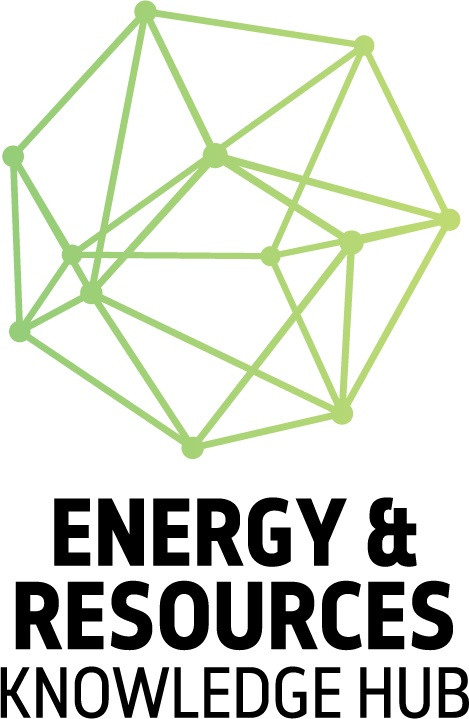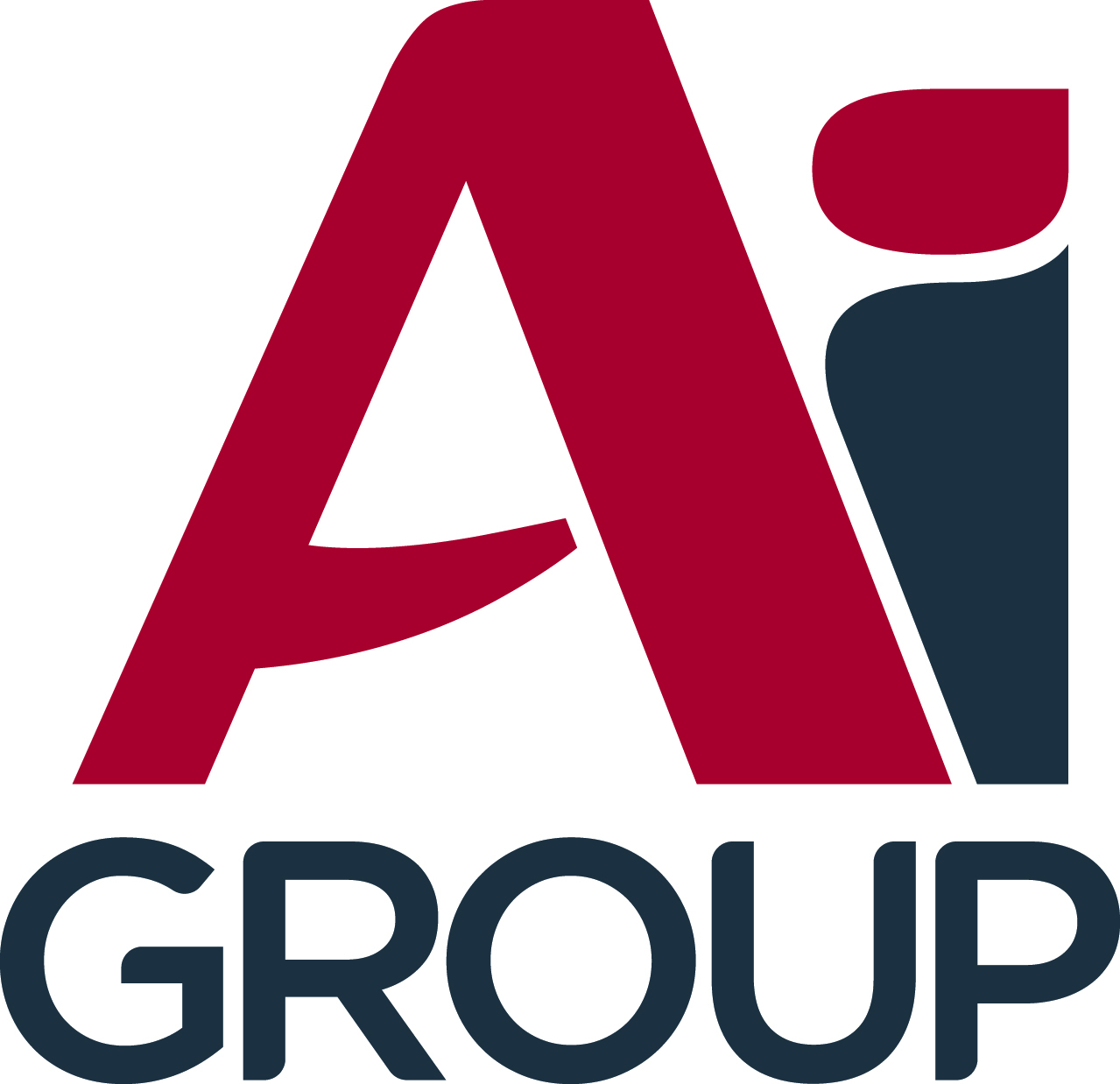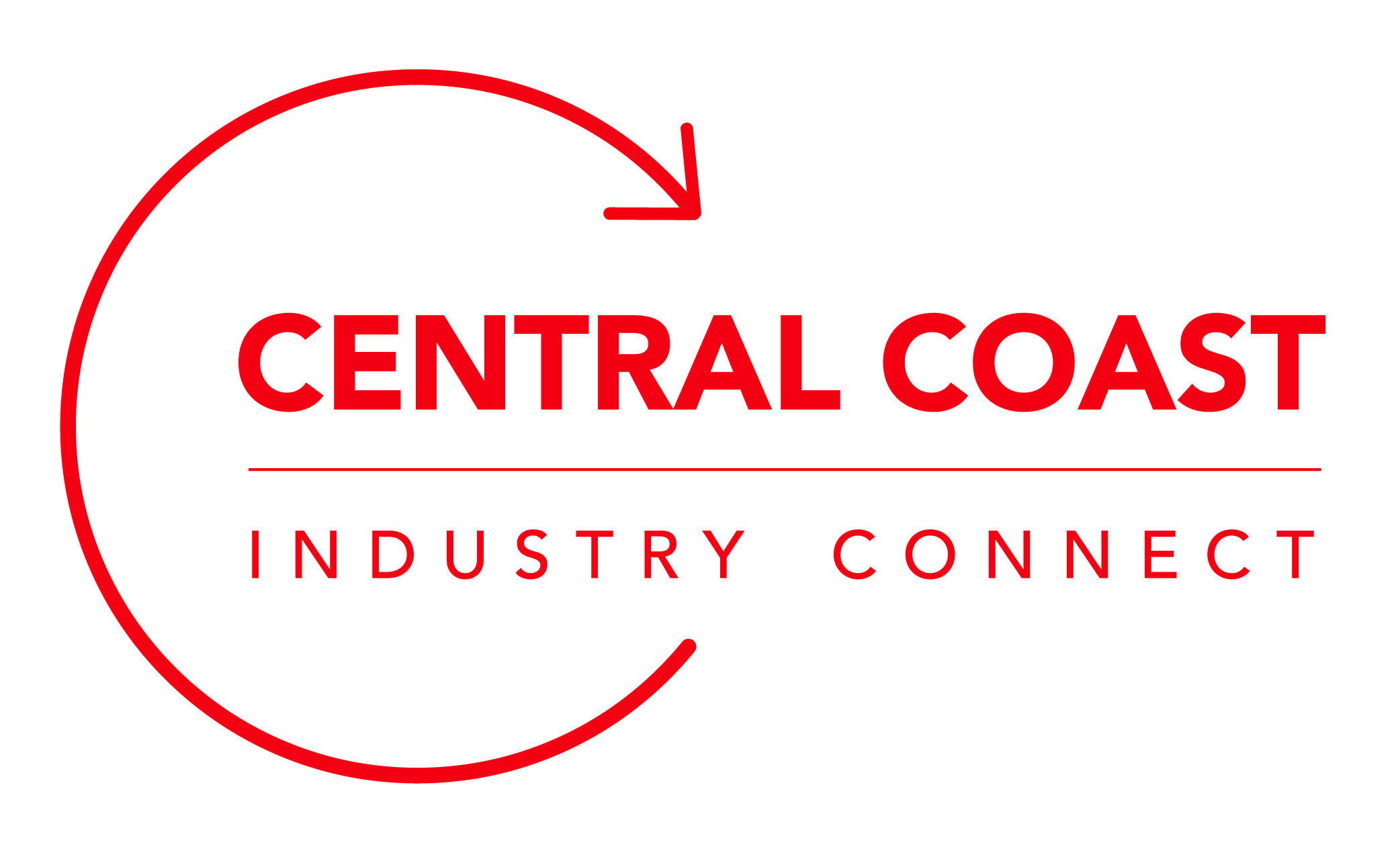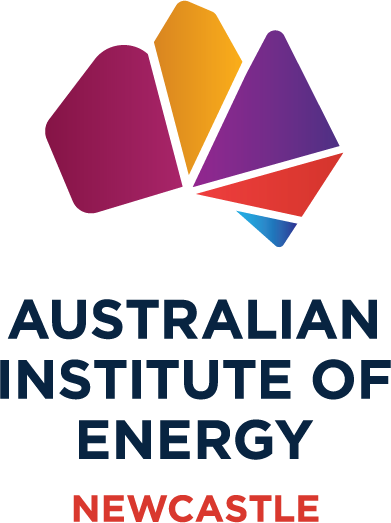Hydrogen Industry Fundamentals
The course is aimed at industry and government commercial managers, economists and engineers interested in gaining and understanding of the costs of the hydrogen economy and the relative costs of various production, storage and transport costs to local and distant markets.

LIVE ONLINE TRAINING | 4-Part series per course | 4 hours per Part | Over 4 days
Key Learning Objectives
- How hydrogen is currently produced and its cost of production
- How hydrogen may be produced from renewable sources – electrolysis, bio fuels, photolysis and estimated cost of production
- How hydrogen can be stored and the estimated storage costs
- Understand possible future transport methods and their costs for an international trade – as compressed gas, as liquid or via ammonia or naphthenes
- How hydrogen is transported by pipeline and the cost of transport
- Learn how hydrogen is used in fuel cells for stationary and vehicle applications
- Analyse the cost of hydrogen to a consumer from different production, storage and transport scenarios
- Analyse how hydrogen will compete with conventional fuels for stationary and vehicle applications
- Develop an understanding of the key hurdles in developing a hydrogen economy
About the Course
The Hydrogen Economy seeks to use hydrogen to replace fossil fuels for power generation and transport with a fuel that produces no carbon dioxide emissions. Hydrogen is used widely in the process industries. It is often produced at a considerable scale and often transported by pipelines from produces to users. The first modules of the course will review the current production and uses of hydrogen in the process industries which may be used as a basis for an emerging Hydrogen Economy.
Modules on hydrogen production from renewable sources will outline the technology and costs of alternative approaches to the production of hydrogen. The cost will be critically compared to conventional production methods as they presently stand and with the incorporation of carbon capture and storage.
A module will address storage options and costs for small and large scale storage as gas or liquid hydrogen.
Modules will address the approach to transport of hydrogen and the unit cost of the various options over short and long distances. The principal options considered will by pipelines, as compressed gas, as liquid or via an intermediate product such as ammonia or as a naphthene. Costs for transport over long shipping distances to markets in North Asia will be estimated for various options.
The use and productivity of hydrogen fuel used in fuel cells for stationary and vehicle applications will be explained and the competitive advantages for hydrogen identified.
The cost position of hydrogen versus conventional fuels will be estimated to set an outline price for a target landed price of Australian produced hydrogen in NE Asia. Scenarios to meet this target will be discussed.
A final module will develop case studies for hydrogen versus conventional fuels in various locations of interest for a fully developed hydrogen economy.












